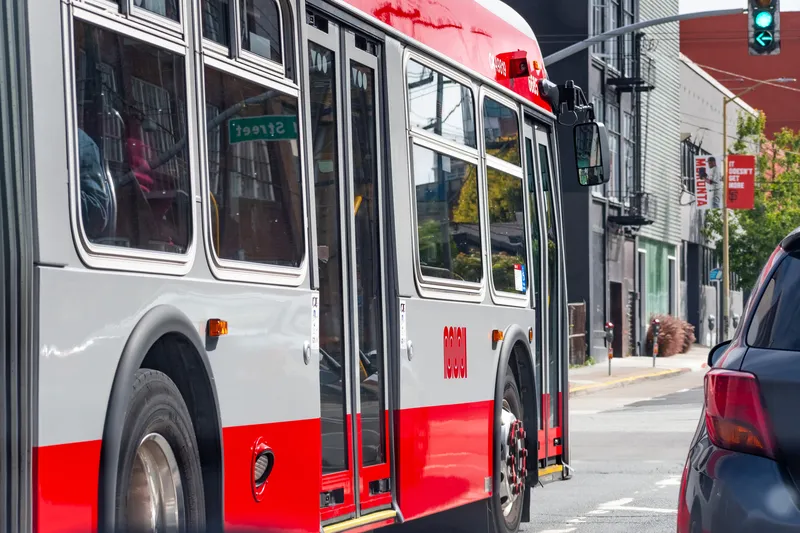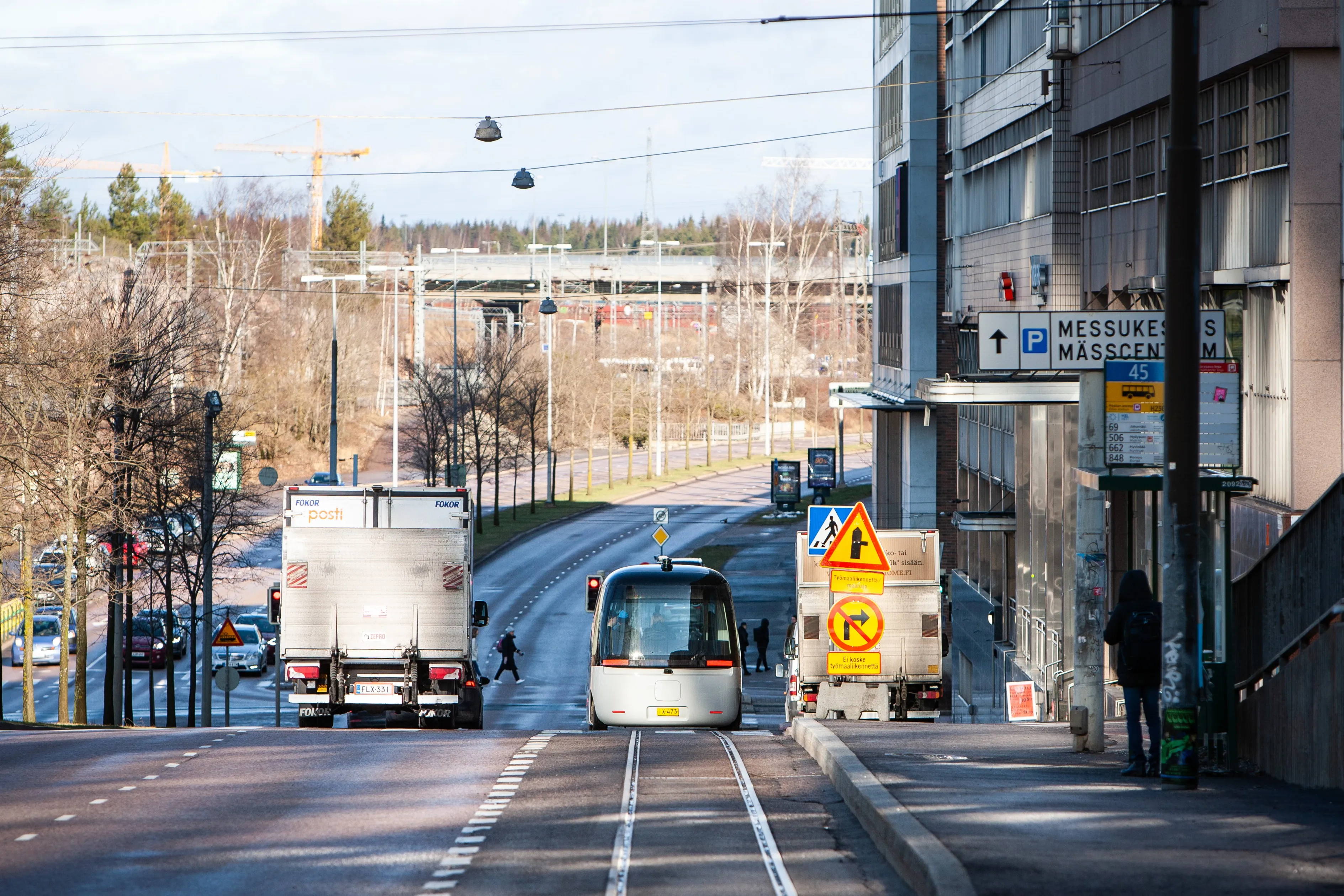Waymo is closing its operations in the US city of Austin following an increase in investment in the Detroit and Phoenix areas.
A spokesperson told Austin Inno: “As a result, we’ve decided to relocate all Austin positions to Detroit and Phoenix. We are working closely with employees, offering them the opportunity to transfer, as well as with our staffing partners to ensure everyone receives transition pay and relocation assistance.”
Last month Waymo sent an email to users, which appeared on Reddit, saying that it may start operating fully-autonomous vehicles (AVs) in Phoenix and Arizona without a safety driver.
Earlier this year, the company entered into an agreement to deploy 10 AVs on Lyft’s platform to serve as a ride-hailing service in the Metro Phoenix area.
Waymo scraps AV operations in Austin
Waymo is closing its operations in the US city of Austin following an increase in investment in the Detroit and Phoenix areas.
A spokesperson told Austin Inno: “As a result, we’ve decided to relocate all Austin positions to Detroit and Phoenix. We are working closely with employees, offering them the opportunity to transfer, as well as with our staffing partners to ensure everyone receives transition pay and relocation assistance.”
Last month Waymo sent an email to users, which appeared on Reddit, saying
November 15, 2019
Read time: 1 min










